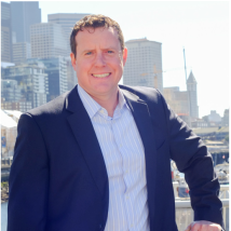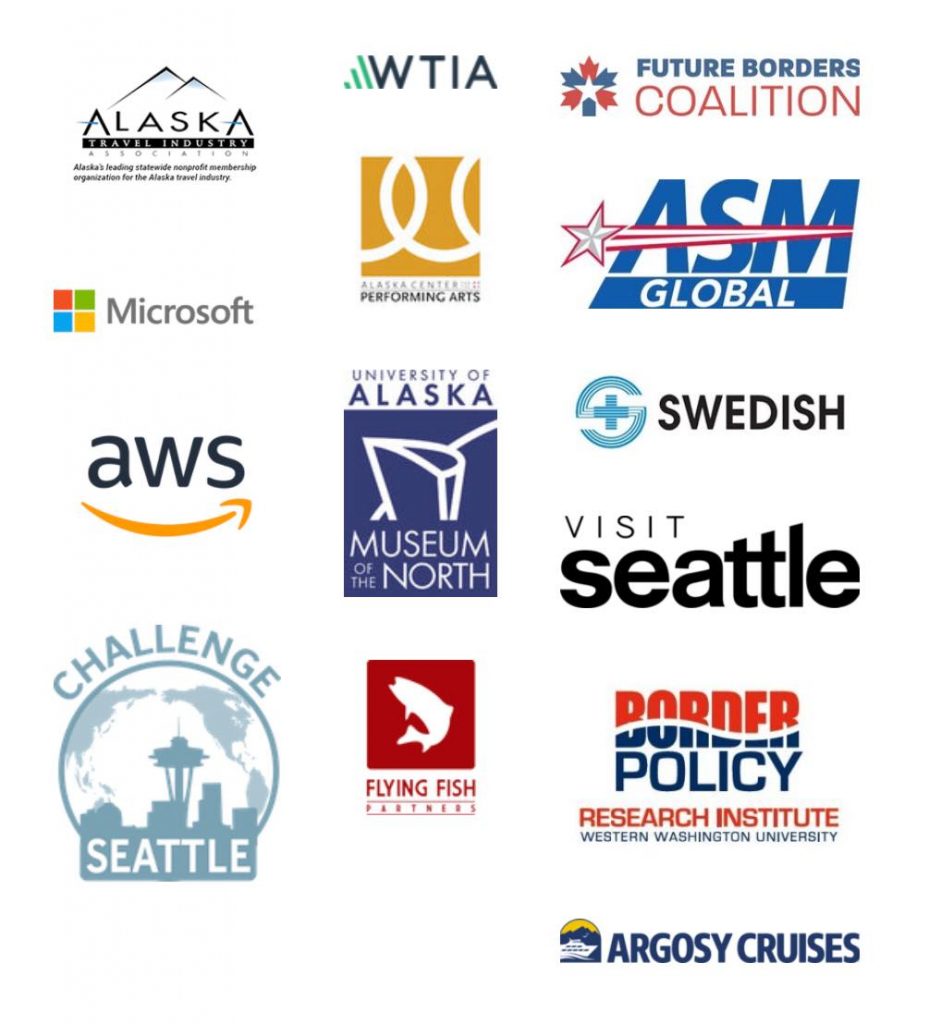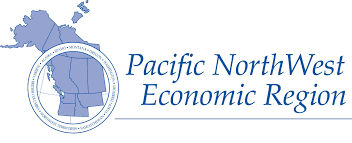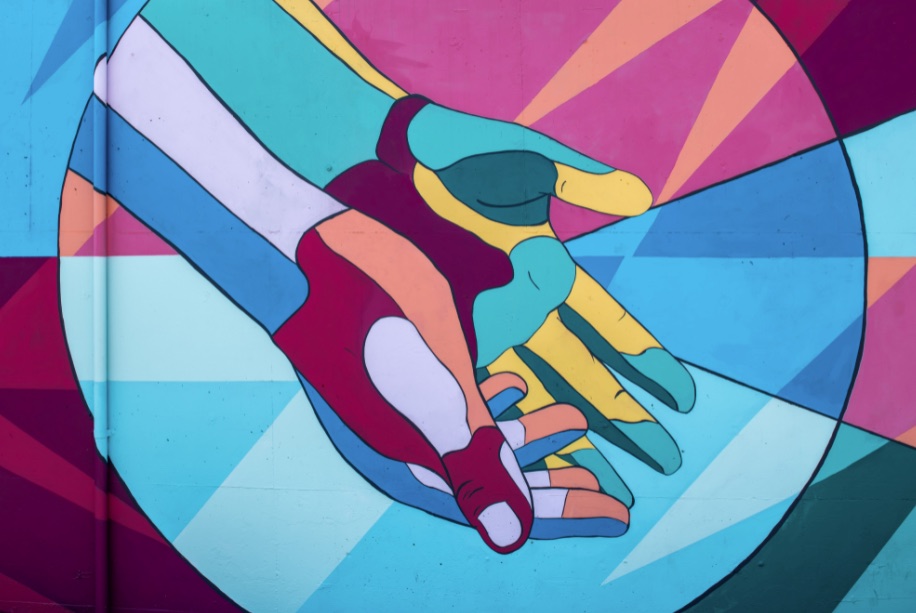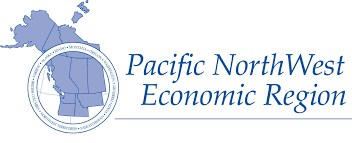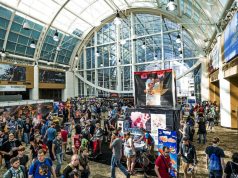Meet Congregate: Where Healthcare Meets Tourism, the Performing Arts, Travel, Hospitality — and Your Best Ideas
Can the innovation economy of the Pacific Northwest support the acceleration of solutions that can safely re-open regional tourism, the performing arts community, the travel sector, and the hospitality industry?
That is the question that Pacific NorthWest Economic Region (PNWER) Senior Program Manager, Steve Myers, hopes to answer with the resources and insights of “innovation broker” Moonbeam Exchange, and a cadre of leading business sponsors and mentors who aim to congregate around a different kind of startup Accelerator.
Rather than looking for developers to create entirely new solutions, sui generis, the PNWER task force is seeking to propel companies that are already cultivating solutions (or potential solutions) by working with a partner venue on a pilot.
The catalyst in the process is the integration of health care-assisted, Covid-insulated measures to make every solution as Covid-proof as possible. Your ideas could be among those to achieve velocity.
Accelerating Resilience in Travel and Tourism
In Washington State, the tourism sector employed over 175,000 workers and generated more than $20 billion in annual spending in 2019. The COVID pandemic halted tourism and decimated affiliated services. The losses to the creative industries in the Seattle metro area alone resulted in the loss of over 57,000 jobs and almost $600 million in sales.
Unfortunately, these losses disproportionately impact economically disadvantaged minority communities. Further, tourism is a key economic driver for many rural and urban-adjacent communities, and to reopen these industries, we will need both technologies and policies that provide public health measures that allow people to congregate safely.
At the onset of the pandemic, the travel and tourism sectors were one of the most impacted. The resulting shut down and slow recovery coupled with the dynamic public health requirements have severely affected the ability of these sectors to fully and safely reopen.
We caught up with über manager Myers for a closer look…
Seattle24x7: How does the Congregate Accelerator model differ from the more traditional process?
Myers: While most accelerators focus on helping companies find product-market fit, the Congregate model (informed by industry coalitions and Moonbeam’s experience connecting startups with niche industry needs in the defense, industry 4.0, and smart cities sectors) identifies the industry need, regulatory requirements, and innovation supply in order to bring a workable solution to market quickly.
Selected companies will be paired with one to several industry sponsors who have identified a need, have earmarked a budget, and are looking for solutions. Additionally, we have industry coalitions engaged (e.g. Future Borders Coalition, Alaska Travel Industry Association) so that, once a pilot demonstrates success, they can help the companies scale across the sector to similar customers.
Seattle24x7: That sounds like a very meaningful ROI for contributing companies?
Myers: I would summarize the ROI as follows:
• Mentorship to help tailor their solution for regulated and public health- affected industries
• A commitment of a pilot/proof of concept opportunity with an enterprise
• Scaling support including introductions to investors, similar customers, and partners
• An Innovation brokerage service proactively connecting member companies with enterprises scouting for their capabilities. Moonbeam’s mission.
• Partner benefits such as cloud credits — and more.
Seattle24x7: How are the sponsoring partner companies involved?
Myers: Our partner companies have offered various levels of in-kind support. Congregate aims to utilize the great resources of the region to address the challenges facing the tourism industry as a result of the pandemic.
Amazon and Microsoft have both committed to provide in-kind support through their startup outreach programs.
However, we have several public and private organizations that are providing contributions to the program through subject matter expertise and technical and professional services.
We are always looking for more contributors and potential pilot project sponsors. We see that collaboration between public and private sectors will be critical to safely recovering and reopening the economy.
Seattle24x7: You have congregated quite a coalition?
Myers: Over the past months, PNWER and its partners reached out to several organizations to learn more about the challenges they are facing. PNWER is the lead organization for this program, but there are several grant sub-recipients that are contributing subject matter expertise, resources, and in-kind support to the program. Our main project partners are the Alaska Travel Industry Association, the Washington Technology Information Association, and the Future Borders Coalition.
Additionally, we have reached out to several stakeholder companies and researched a number of challenges the Tourism, Performing Arts, Travel, and Hospitality (TPATH) sectors are facing. The industry challenges came from the interviews and outreach that was done in both Washington and Alaska. The challenges for the first cohort are set, but the second cohort challenges are still under development which will provide more opportunities to address the current challenges and explore new challenges.
Seattle24x7: How will the ideas be vetted?
Myers: The current challenges have been vetted through PNWER program partners and industry advisors. These challenges were also showcased to several stakeholders and policy makers from around the region. Companies in the accelerator should line up to address one of the four challenges identified by our industry stakeholders. This way, they will be matched with an industry expert on that challenge to best expedite their solution to the global market.
Seattle24x7: Will there be a public event associated with the end-products?
Myers: At the end of each cohort, the technology that has the potential to be scaled for domestic and global markets will be presented to the industry stakeholders at a Demo Day.
Seattle24x7: Is there a limit to the number of proposals to be cultivated or companies to be accepted into the Accelerator?
Myers: Our goal is to have up to 12 companies selected per cohort . Since this is the first cohort, companies that apply might be eligible for openings in the second cohort.
Seattle24x7: What is the size of the SPRINT Challenge Grant?
Myers: The EDA SPRINT Award Amount is $744,290, but there is a match of $195,000 to meet the grant criteria.
Seattle24x7: Will participating companies be awarded specific grant amounts?
Myers: The Grant does not allow for direct financial support to companies. We will offer in-kind support and accelerator curriculum at no charge to the companies selected into the program. Additionally, PNWER cannot take equity in the startups. The goal is about scaling companies that could compete in the global economy. We will not be taking equity, and there is no charge for companies to participate.
Seattle24x7: What time commitments are required for selected companies in the Accelerator?
Myers: We are targeting companies to dedicate one day a week to the accelerator. This activity would include mentorship, curriculum, and pilot/industry sponsor meetings.
Seattle24x7: Do you have any specific goals in terms of a recovery trajectory?
Myers:We understand that recovery will be slow and take several years, but any work we can do to help impacted communities and shorten the recovery time while ensuring safety is a key goal of the project
Seattle24x7: What is the first step for companies who want to be considered?
Myers: Companies interested in applying for the accelerator can do so by visiting – https://www.congregate.resiliencefoundry.org/applicants or https://www.metabeta.com/programs/congregate
The Pacific NorthWest Economic Region (PNWER) is a public/private non-profit created by statute in 1991 by the states of Alaska, Idaho, Oregon, Montana and Washington, the Canadian provinces and territories of British Columbia, Alberta, Saskatchewan, the Northwest Territories and Yukon. PNWER’s mission is to increase the economic well-being and quality of life for all citizens of the region; coordinate provincial and state policies throughout the region; identify and promote “models of success;” and serve as a conduit to exchange information.











